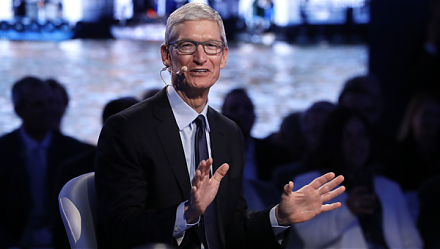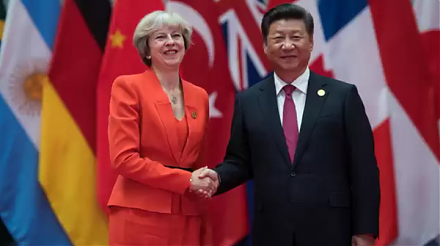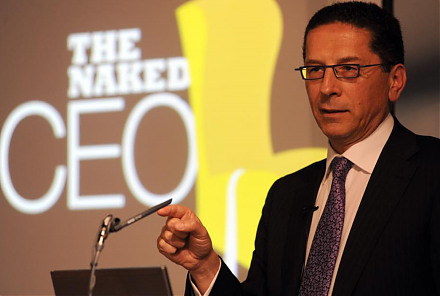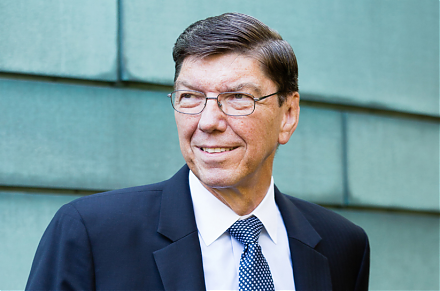

2018-12-01 11:37:00 Sat ET
trust perseverance resilience empathy compassion passion purpose vision mission life metaphors seamless integration critical success factors personal finance entrepreneur inspiration grit
As the solo author of the books Millionaire Next Door and Richer Than Millionaire, William Danko shares 3 top secrets for *better wealth creation*. True prosperity is the convergence of good health, wealth, and happiness. The median net worth of self-made millionaires is $2.3 million, and their median age is 50. Most millionaires are men (90%) and also live in happy marriages (93%). First, most wage-earners should save 20% of their income per annum, whereas, most American consumers save only about 5% of their income each year. Second, each person should be a good steward of his or her resources. These key resources include stable personal relationships and frugal personal habits. In effect, frugal habits help ensure longer life longevity, better compound time, and greater compound interest. Third, it is important for most wage-earners to develop multiple streams of passive income. Fiscal discipline contributes to effective investments in small and profitable value stocks with conservative capital investment growth and low market risk exposure.
Most self-made millionaires share the basic fact that they need no budgets. These millionaires spend relatively little in comparison to their disposable income due to their fiscal discipline and self-control. As a result, this frugal habit renders budgets unnecessary.
If any of our AYA Analytica financial health memos (FHM), blog posts, ebooks, newsletters, and notifications etc, or any other form of online content curation, involves potential copyright concerns, please feel free to contact us at service@ayafintech.network so that we can remove relevant content in response to any such request within a reasonable time frame.
2017-05-07 06:39:00 Sunday ET

While the original five-factor asset pricing model arises from a quasi-lifetime of top empirical research by Nobel Laureate Eugene Fama and his long-time co
2019-02-09 08:33:00 Saturday ET

Apple provides positive forward guidance on both revenue and profit forecasts for iPhones, iPads, and MacBooks. In the Christmas 2018 festive season, MacBoo
2018-02-01 07:38:00 Thursday ET

U.S. senators urge the Trump administration with a bipartisan proposal to prevent the International Monetary Fund (IMF) from bailing out several countries t
2020-07-05 11:31:00 Sunday ET

Business entrepreneurs dare to dream, remain true and authentic to themselves, and try to make a great social impact in the world. Alex Malley (2014)
2020-04-17 07:23:00 Friday ET

Clayton Christensen defines and delves into the core dilemma of corporate innovation with sustainable and disruptive advances. Clayton Christensen (2000)
2019-04-29 08:35:00 Monday ET

IMF chief economist Gita Gopinath predicts no global recession with key downside risks at this delicate moment. First, trade tensions remain one of the key